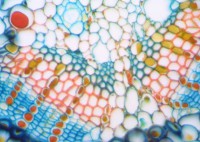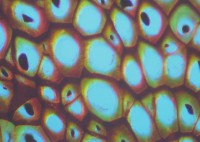
Treating cancer is difficult enough without the cancer cells hiding behind an extra layer of cellular material called stroma. Researchers at Translational Genomics Research Institute (TGen) believe drugs that strip away that stroma could improve the effectiveness of cancer drugs. At Issels® Integrative Immuno-Oncology, we understand complexities of effective cancer treatment. That is why our personalized, non-toxic treatments are based on extensive clinical and scientific research.
The TGen study
The TGen researchers state that breaking down that stroma could significantly extend the life of cancer patients, even those with late stage cancer that has already spread to some of their other organs. The stroma is made up of hyaluronan and various other types of collagen. It impedes anti-cancer drugs from finding their targeted cancer cells. The TGen researchers noticed a correlation between higher levels stroma and poor survival rates among patients with pancreatic cancer.
Pancreatic cancer
The pancreas is located behind the stomach. It is responsible for producing essential digestive juices and other necessary hormones. Each year, approximately 49,000 people in the U.S. are diagnosed with pancreatic cancer. Over 40,000 will die, making it the fourth deadliest cancer in America. The median survival time for people with advanced pancreatic cancer is 6 months from diagnosis. Less than six percent live five or more years after the diagnosis.
Dr. Daniel D. Von Hoff, who authored the TGen study, believes therapies that target stroma could lead to much better survival rates.
We want to keep you updated on the latest cancer research and provide the information you need to make informed decisions about your cancer treatment. Visit the Issels® website and sign up for our free e-Newsletter.





